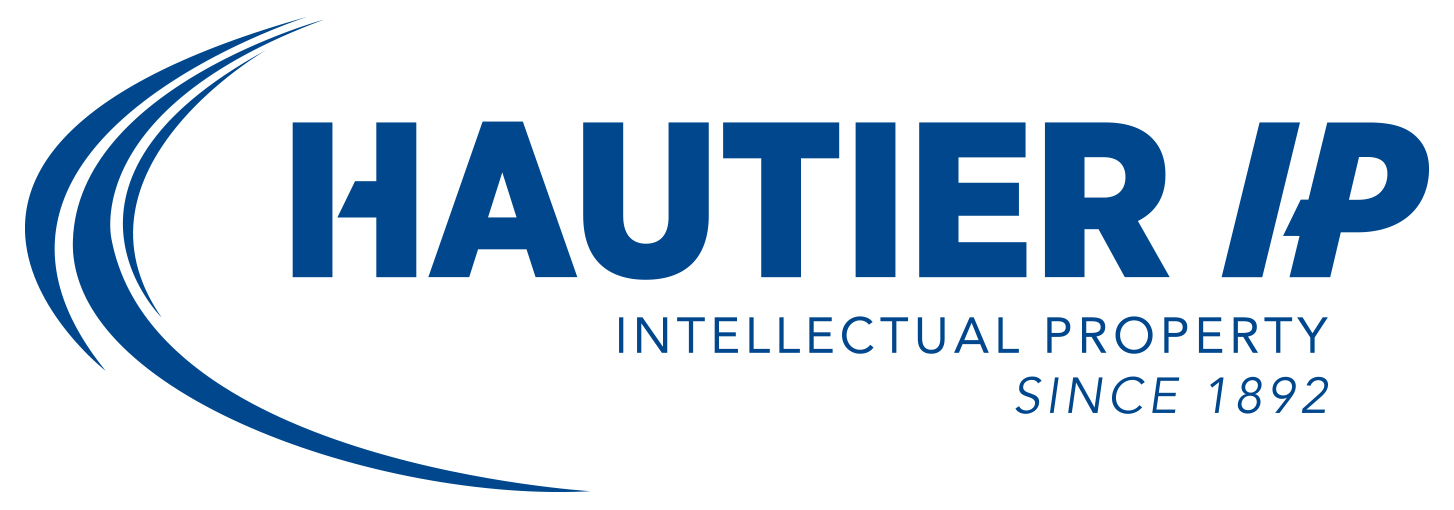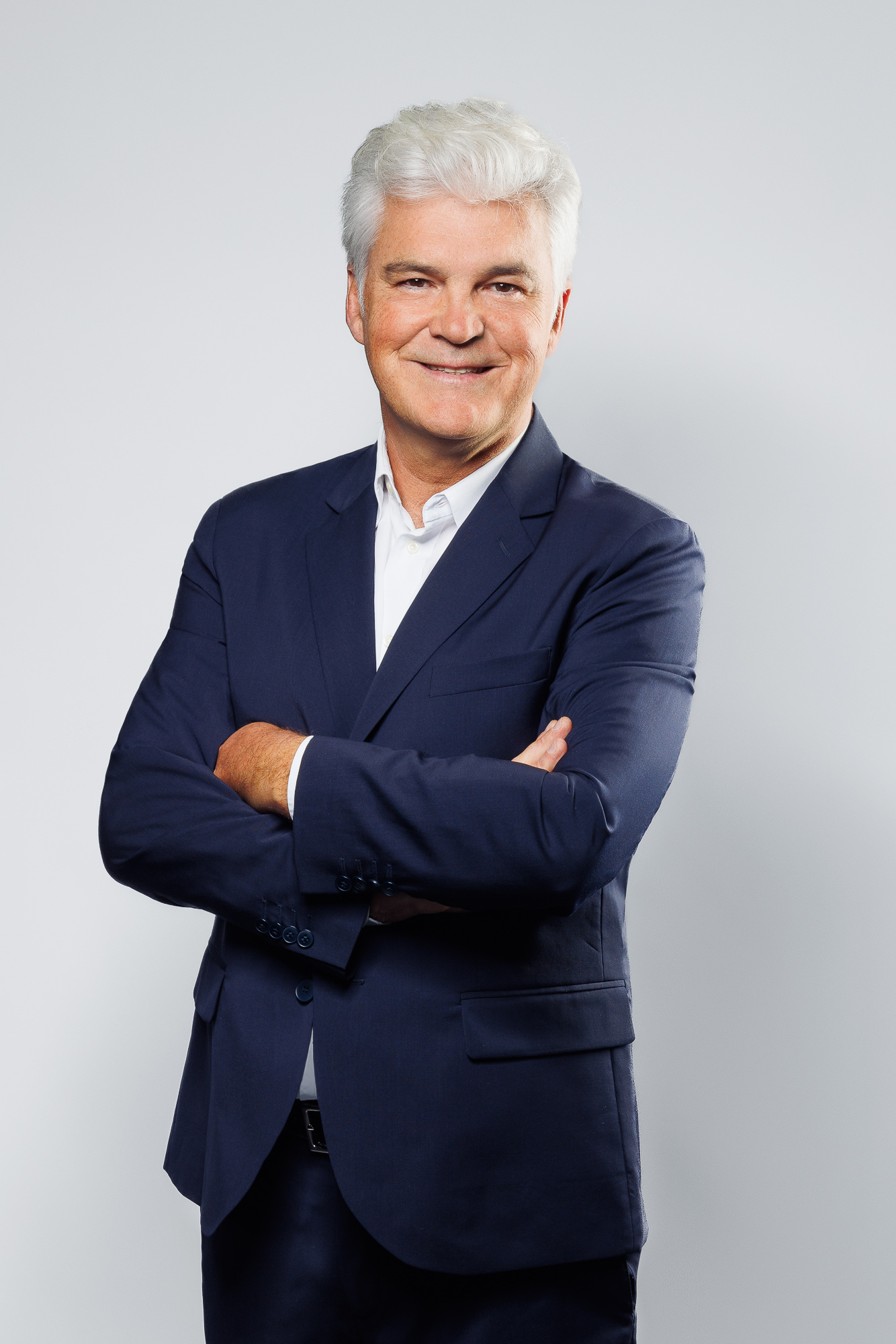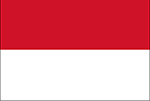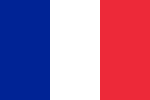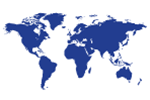
- Accueil
- >
- Pages
- >
- Your project
- >
- Valuation and financial assessment
- >
- Licensing
Licensing
Licensing is a way of operating intellectual property rights. This operation is mainly done by granting licences to third parties. Indeed, with this type of operation, the holder does not operate their invention and/or brand and/or design directly. Instead, they license the manufacture and operation of these elements to third parties.
This type of operation has advantages such as not having to bear the costs and risks of producing and manufacturing the elements (no manufacturing defect warranty for example). What’s more, operation can be made easier in a large number of countries by finding third-party operators in each country.
In return for being allowed to operate, the third-party operators pay royalties.
The limits of licensing lie in having titles to license, in particular. Therefore, the cost of maintaining IP titles, which are preferentially always borne by the holder, as well as the costs of obtaining a title in many countries, can have a major impact on the launch of this strategy. In practice, we see that holders looking for an operator in a country must already have performed the extension in said country beforehand.
It should be noted that the greater the number of countries protected by a valid title, the more licences may be granted, which can result in a significant initial capital investment.
Hautier IP can assist you with arranging protection, providing advice according to the operation envisaged in the countries to be protected, as well as with negotiating and drafting a licensing agreement when you have found an operator.
Particularly when it comes to operating titles by licensing, your international extension strategy will be a decisive factor in the profitability of your intellectual property.
